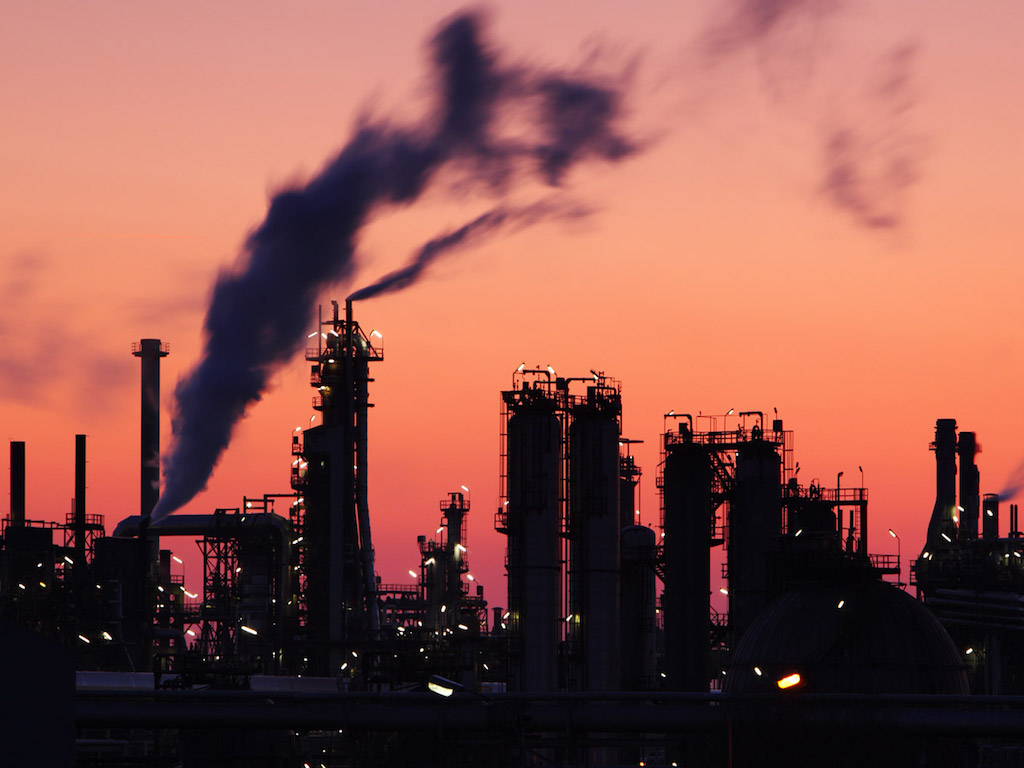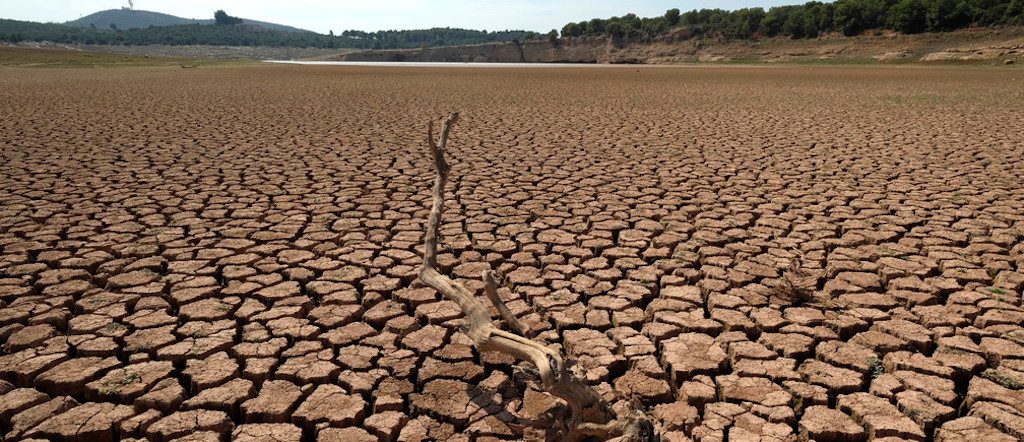8 Mins Read
From funding deforestation projects to giving loans to fossil fuel companies and keeping them insured, the banking & financial industry is underwriting global warming and it needs to stop. The solution? Divestment. While there is some progress in Europe and the US, banks in Asia are lagging behind badly.
In an op-ed titled “Money Is the Oxygen on Which the Fire of Global Warming Burns” in The New Yorker, Bill McKibben rightfully points the finger at the banking, asset-management and insurance industries for their role in fuelling our climate crisis. help end our climate emergency right now.
In the most recent United Nations landmark report, published Sunday 22nd September, the World Meteorological Organisation (WMO) made a damning remark about the state of our planet. We are currently experiencing never-seen-before temperatures, with 2019 marking the end of the world’s hottest 5-year period since records began. The report also found that even if all countries met their self-determined carbon reduction commitments (which many of them will not) as outlined in the Paris Agreement, it will still not be enough to slow down rising temperatures and the disastrous impacts of climate change.
READ: The Single Biggest Threat To Asia & The Pacific Is Climate Change
So what needs to happen to avert climate disaster? According to world scientists, only by cutting out fossil fuels in half by 2030 and eliminating all fossil fuels by 2050 do we stand a chance. This was what the Global Climate Strikes, a part of the student-led FridaysForFuture movement, was about. Last Friday, we saw millions of students pouring onto the streets demanding an end to the age of fossil fuels, chanting slogans outside oil corporation headquarters and marching to government buildings. These students are conscious about something that world leaders have continued to deny and ignore – that dramatic measures must be taken now.
But this isn’t just about who is willing, but who is effectively able to make necessary changes. As McKibben points out, “those who hold most of the money [in the world] also have enormous power, and that their power could be exercised in a matter of months or even hours.” Simply put, we have to pressure those in power by taking away what makes them so secure – money.
Banks, insurance companies and firms are financing global warming – they hold the power to stop our climate emergency right now.
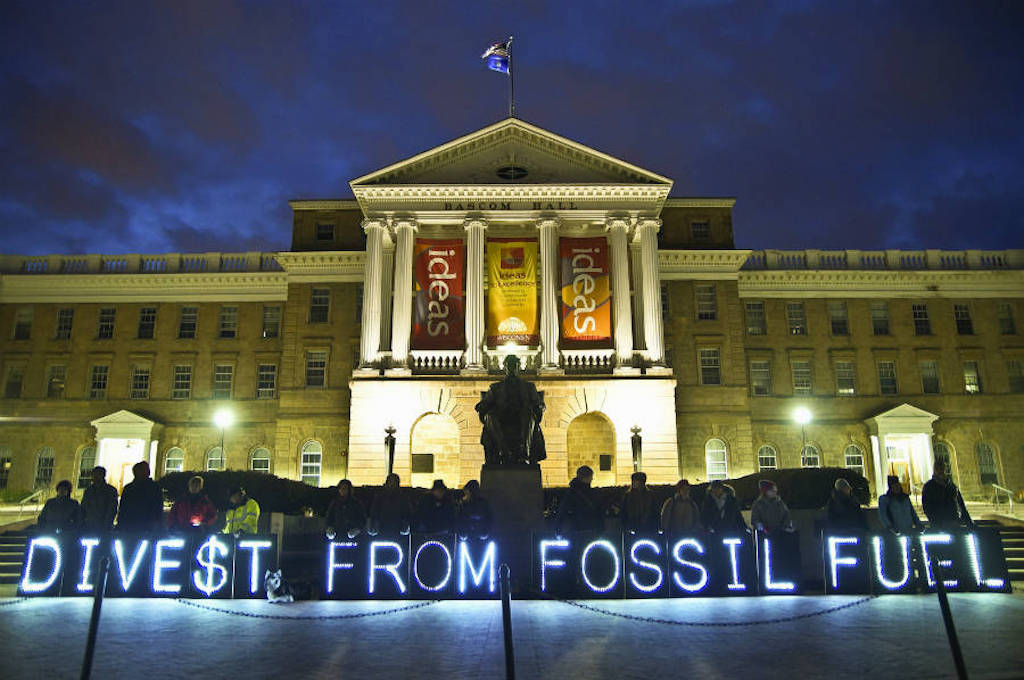
Divestment is the opposite of investment, meaning that we get rid of stocks, bonds or funds that underline unethical and planet-unfriendly companies like the fossil fuel industry. For years, coal, oil and gas companies have been cultivating relationships to uphold their license to operate despite wreaking havoc on our planet. One of the key relationships that enables them to continue acting as if business was usual is the very banks, insurance companies and asset-management firms that pour their money into these carbon intensive corporations.
Movements like Go Fossil Free work on highlighting the morally abusive dimensions of these companies, and push for fossil fuel divestment as a tool to break the industry’s destructive and polluting operations. Already, this approach has shown to be quite effective as a means to lower our global carbon footprint. For instance, when Amercian coal company Peabody Energy filed for bankruptcy in 2016, it cited divestment as one of the crucial reasons.
With the fossil fuel industry having in its reserves five times as much carbon than the amount that world climate scientists believe is safe to burn, it is clear that the money supply to this industry must be cut now.
The Rainforest Action Network (RAN) publishes a report on the companies that lend to deforestation projects every year. In this year’s report, RAN revealed that banks’ lending to the deforestation projects, mostly commissioned by the fossil fuel industry has increased every year since the Paris Agreement in 2015. J.P. Morgan Chase is one of the worst culprits: it has aggressively funded the extraction of hydrocarbons from the Arctic and Canada’s tar sands in Alberta – the deposits that scientists have repeatedly warned to leave alone.
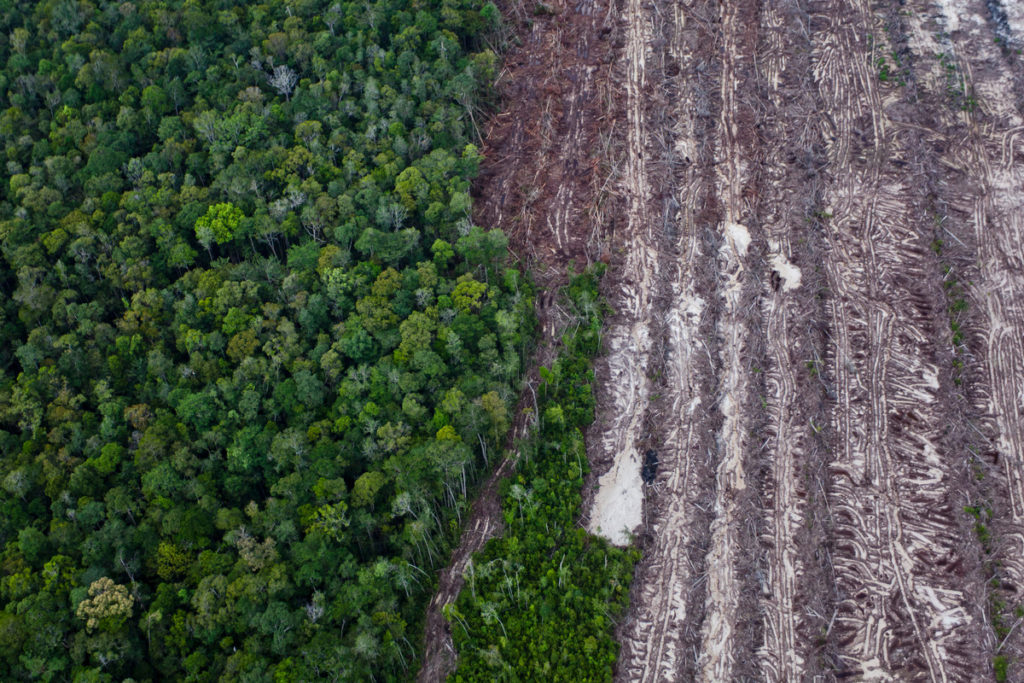
What is clear is that if these banks, like Chase, stopped lending to the fossil fuel industry, we might stand a real chance to save the world from global warming. Yes, firms and banks will lose a whole lot of money if they divest. But the cost that will come with climate change is even more hefty. According to a recent study predicting the impacts of climate change at our current rate, which is a projection of a 3 degrees celsius increase in temperatures by 2100, we are looking at US$551 trillion in damage. McKibben points out that this is more money than what currently exists on this world (a mere US$1.2 trillion compared to that whopping number). Some banks have already made steps to divest from coal power plants, but honestly, more action has to happen and quickly.
We are looking at US$551 trillion in damages as a direct result of climate change.
Despite BlackRock CEO Larry Fink famously penning a statement about the need to price in long-term climate change in business strategy, the firm has cost its investors billions by remaining invested in fossil fuels. In July this year, the asset-management firm was lambasted for losing over US$90 billion because they failed to follow their own advice and consider the financial risks of climate change.
All-in-all, if we try and ignore the BlackRock blip, divestment (in the Western world) is somewhat taking off. Beginning in many United States university campuses in 2011, many global asset firms and funds European institutional investors and banks are refusing to keep the money flowing for dirty fuel companies that keep the world burning. In a 2018 divestment report by Arabella Advisors, more than 1,000 institutional investors have promised to divest US$6.2 trillion from fossil fuels, up from the $5.2 trillion from two years before.
Divestment model is lagging in Asia.
But coal divestment isn’t quite catching on amongst Chinese companies, even as Beijing has committed to the Paris Agreement. Chinese banks have become the lenders of “last resort” for many coal projects in Asia, Africa and the Balkans. According to the Institute for Energy Economics and Financial Analysis (IEEFA), as much as two thirds of China’s overseas investment was spent on coal-fired plants in 2018.
And they can get away with it too, as the “major shareholders of Hong Kong-listed Chinese [coal and power companies] are not western fund management firms, so [their] investment restriction is unlikely to have any impact on them,” said Lucas Zhang Liutong, director at Hong Kong-based consultancy WaterRock Energy Economics in a conversation with the SCMP.
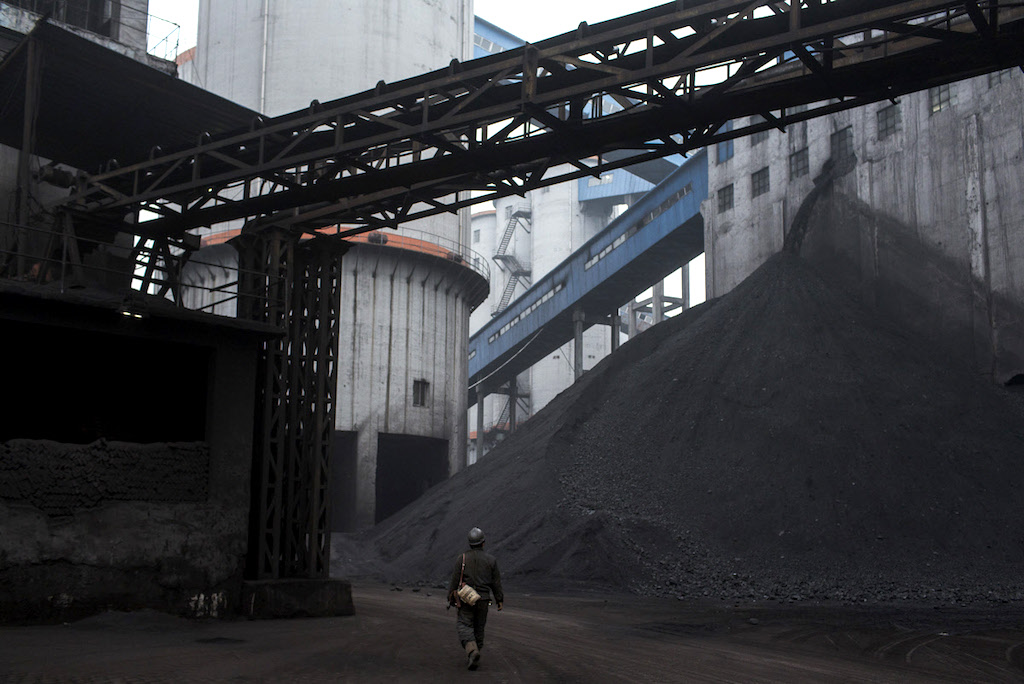
We investigated the biggest culprits right here in Asia, and no surprise – many of them are located right here at our doorstep in Hong Kong and China more broadly. According to global organisation Fossil Banks, the Bank of China financed US$55,503 million in fossil fuel companies and projects between 2016-2018 all over the world, from the US-based Atlantic Coast Pipeline project to Great Barrier Reef Coal exports in Australia and various coal projects in China, India, Indonesia, Myanmar, Vietnam, Singapore, Japan, Canada, Switzerland and South Africa.
While HSBC moved its headquarters to the United Kingdom, it still serves as Hong Kong’s main bank – and despite billboards proclaiming their green credentials, the bank can hardly claim innocence. HSBC financed a whopping US$57,808 of fossil fuel projects all around the world through loans and investments between 2016 and 2018. Other major banking culprits include China Construction Bank, ICBC and the Agricultural Bank of China. Altogether, these regional banks represent 5 of the world’s 38 top financiers of the fossil fuel industry.
READ: The Climate Injustice Behind Hong Kong’s Financial District
Hong Kong is showing tiny moves. Despite our Paris Agreement commitments, less than 1% of the city’s energy supply is generated from renewables. James Maguire, partner at renewable energy investment and advisory firm Sustainable Development Capital (SDCL) told Green Queen of some progress: “Hong Kong Electric is in a wind-down process and replacing old coal fired turbines with gas. CLP Holdings is, as well, likely to be starting an end of life wind-down of Castle Peak given the age of the facility.”

Whether this is enough is another matter. Inhabitants of low lying islands, many located in the Asia-Pacific region, are already leaving because of rising sea levels. Those coastal communities who have yet to move are threatened with mass displacement. Flooding and droughts are becoming more common year after year, wreaking havoc on daily supplies like food and water.
Faced with such climate uncertainty, we can be sure of one thing – banks, insurance companies and investment firms have a powerful hand to play and we the public must pressure them to divest. It is unacceptable that one of the most powerful industries in the world (if not the most) continues to fund the biggest environmental crisis of our time. Financial firms and their leaders: you have a real opportunity to be on the right side of history here. Take it.
Lead image courtesy of Macquarie Group AU.


